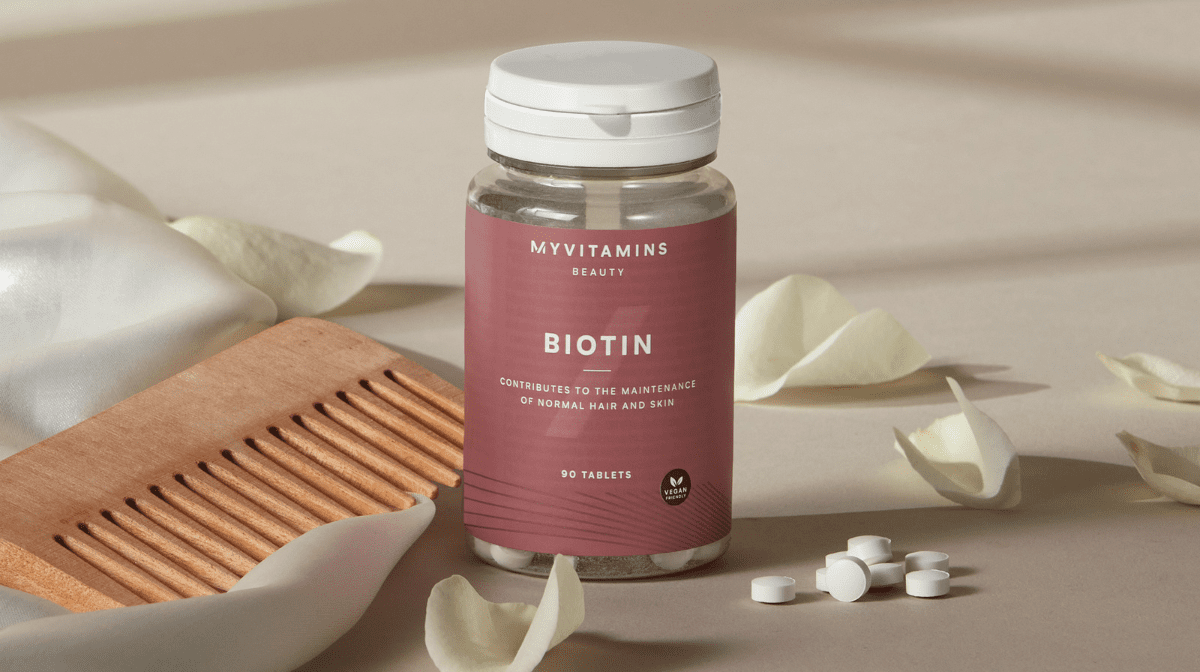Reduced Hot Flushes
Lower levels of oestrogen are associated with narrower temperature control. This can lead to symptoms such as hot flushes, but also generally feeling warmer. Research suggests that whilst evening primrose oil supplementation may not help reduce the frequency of hot flushes, it may reduce the intensity of the flushes. (1)
Reduced Night Sweats
As well as the dreaded ‘hot flushes’, menopause is also known to cause night sweats. Supplementation with evening primrose oil may help to reduce not only the frequency but also the severity of night sweats. The exact mechanism behind this is not known. (2)
Reduced Cholesterol
Going through menopause means a loss of oestrogen and its protective effects. This puts women at a higher risk of cardiovascular disease and stroke. However, supplementation with evening primrose oil has been shown to lower cholesterol levels. This is important, as cholesterol build-up can narrow arteries and increase the risk of high blood pressure and clots (3).
Reduced Inflammation
Joint aches, fatigue, dry skin, or GI upset can all be signs of inflammation with the body. Research on evening primrose oil has found that it contains antioxidant properties, which can help to reduce inflammation levels. (4)
Improved Mood
Menopause is associated with lower mood and increased anxiety. As well as phytoestrogens, evening primrose oil contains essential fatty acids, which have been shown to have anti-depressive properties. Evening primrose oil has been shown to improve low mood and reduce levels of both irritability and anxiety.
Reduced Breast Pain
Due to changes in hormone levels, breast pain (mastalgia) is common as part of pre-menstrual syndrome. However, mastalgia is also common during menopause and in the post-menopause period. This is assumed to be due to a change in both oestrogen and prolactin. Evening Primrose Oil may reduce mastalgia that occurs due to both PMS and menopause.
Improved Bone Density
The loss of oestrogen that occurs with age also leads to a subsequent loss in bone density. This can lead to an increased risk of fractures. Research suggests that supplementation with evening primrose oil alongside calcium and fish oils can have a significant impact on rebuilding bone mineral density.
Improved Vaginal Dryness
As well as a negative impact on bone health, loss of oestrogen can also lead to vaginal dryness. This can make sex uncomfortable and also increase the risk of urinary tract infections. Supplementation with evening primrose oil and other phytoestrogen-containing herbs has been shown to improve symptoms of vaginal dryness. Phytoestrogens act in a similar way to oestrogen which can help to restore natural balance.
Protection of Cognitive Function
It is thought that increased forgetfulness that occurs with increased age is related to decreased sex hormones (oestrogen, progesterone, testosterone). Phytoestrogens such as evening primrose oil may help to slow or prevent cognitive decline by mimicking sex hormones such as oestrogen. Phytoestrogens may also help to maintain brain plasticity.
Improved Skin Health
Whilst we have already touched on the antioxidant properties of evening primrose oil, it is important to look specifically at the benefits supplementation may have on the skin. Research suggests that skin elasticity, smoothness, and dryness may all be improved with Evening Primrose Oil. In contrast, the appearance of wrinkles may be reduced.
Evening Primrose Oil Side Effects
500-1000mg is the typically used dosage of evening primrose oil in research studies. Side effects may include diarrhoea, nausea, and bloating. Evening Primrose Oil should not be taken by women with epilepsy as it may interact with their medication. It also should not be taken by women that are pregnant or trying to get pregnant. The NHS suggests that 500mg – 1000mg (0.5-1g) three times a day can be used as a loading dose.
Talk To Your Doctor
This article is for educational purposes only and should not be used as a substitute for medical advice. If you have any concerns about menopause or any menopausal symptoms, please seek advice from an appropriate medical professional.
Take Home Message
In summary, there are a variety of ways in which herbal supplements such as Evening Primrose Oil can be used to alleviate symptoms of menopause. This is a widely researched area that will likely expand further over the next few years. If you are looking for further inspiration there is more information available at…
FAQs
How do you use Evening Primrose Oil for menopause?
Evening primrose oil is typically found in a capsule form
What does Evening Primrose Oil do to hormones?
Evening Primrose Oil does not affect hormone levels directly – instead, it mimics the action of oestrogen in the body and allows bodily processes to continue as if oestrogen was present.
How long does it take for Evening Primrose Oil to work?
It can take a while to see the effects of evening primrose oil, so it is usually recommended to take it for a minimum of 3-6 months.
Does Evening Primrose Oil have side effects?
The most common side effects are GI disturbance such as nausea, bloating or diarrhoea.










